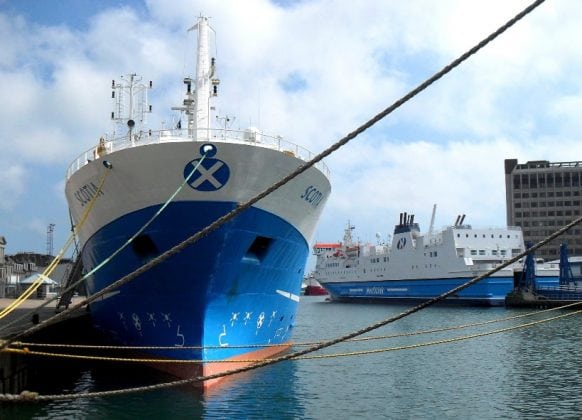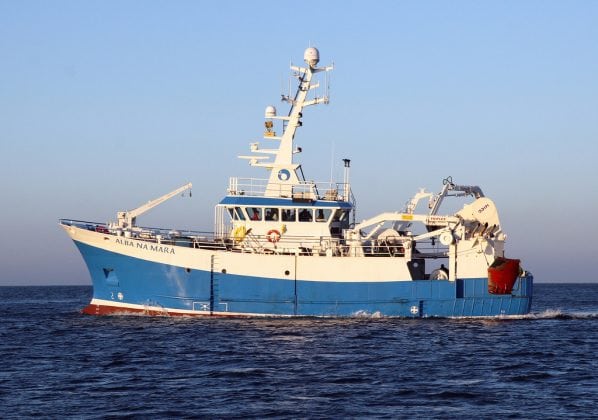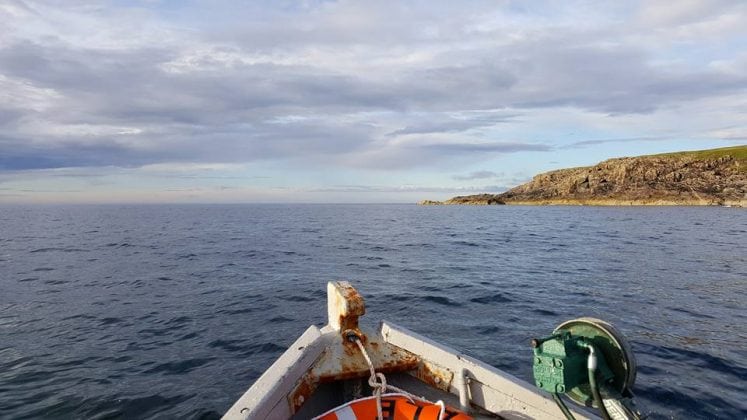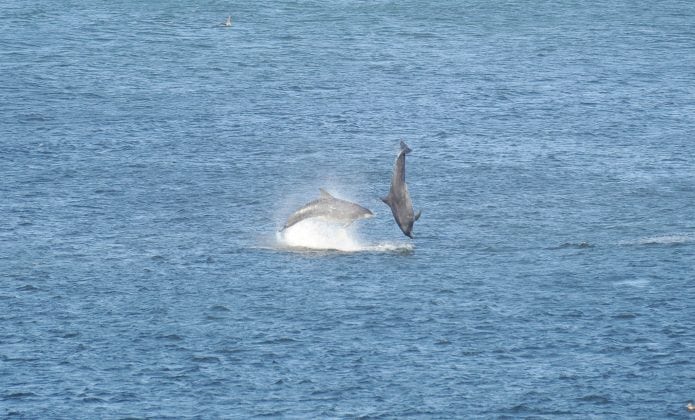Marine
-
IA2017 – Marine litter is a problem
4th September 2017 by Marine Scotland Communications
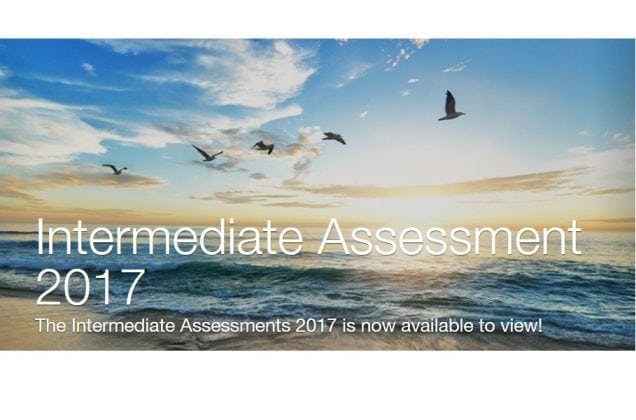
OSPAR has assessed the occurrence of marine litter in all regions within its Maritime Area, except for the Wider Atlantic where there is poor data availability. Marine litter, in particular plastic, is abundant on beaches, in the water column and on the seafloor. Marine litter also affects biota, as indicated by the levels in North...
-
Surveying haddock at Rockall with the Scotia
1st September 2017 by Marine Scotland Communications

Duration: 2-13 September 2017 Gear GOV Trawl (BT 137) with ground gear D CTD – Seabird 19+ Day grabs Objectives To undertake the bottom trawl survey of haddock on Rockall Bank to a depth of 350 m. To deploy a CTD at selected trawl stations to collect temperature and salinity profiles. To collect sediment samples at...
-
Making scientific slime
31st August 2017 by Professor Colin Moffat
So, what did you do at the weekend? I spent a morning making slime! Feeling a bit like Heston Blumenthal, I added some PVA glue, a few drops of food colouring and a 2% solution of Borax to a plastic bag and a few squishes later and the slime was ready! The occasion was TechFest Festival...
-
Surveying MPAs with Alba na Mara
30th August 2017 by Marine Scotland Communications

Duration: 31 August – 19 September 2017 Fishing Gear New drop/lander frame + calibration mesh HD TV system + lights Armoured cable + spare + axle stands Stereo TV system Objectives Programme 1517A will survey the waters around Lochinver and North Minch/Skye to collect stereo video imagery of Funiculina quadrangularis within survey boxes with different...
-
Keeping track at Armadale: Last update from the tracking project
29th August 2017 by Marine Scotland Communications

The tagging at Armadale ended on 25 August with no further salmon tagged over the last 12 days. This suggested to us that the grilse run had finished. We will recover and download the receivers in due course, to see how many of and where the tagged fish were registered and a project report should be...
-
IA2017 – Mixed signals for marine mammals
28th August 2017 by Marine Scotland Communications

The abundance and condition of marine mammals, as top predators, can help indicate the state of the marine ecosystem. As was also the case at the time of the last OSPAR Quality Status Report (QSR 2010), harbour seal and grey seal populations are generally stable or increasing in most assessed areas although some harbour seal...
-
When I’m calling you…
21st August 2017 by Marine Scotland Communications

A new paper using underwater sounds to classify dolphin species has been published by researchers from the University of St Andrews and Marine Scotland Science (MSS). Many species of marine mammals use sound to navigate the seas and find food and their echolocation clicks can be detected by specialised underwater acoustic instruments. The MSS East...
-
IA2017 – Cooperation ensures progress
21st August 2017 by Marine Scotland Communications

The OSPAR Commission is the competent regional organisation guiding international cooperation on the protection of the marine environment of the North-East Atlantic. Through the global circulation of water and air, the North-East Atlantic is connected to, and impacted by, events in other parts of the world. As such, collaboration among governments and between government scientists,...
-
Keeping track at Armadale: Update three from the tracking project
15th August 2017 by Marine Scotland Communications

As at 13 August, we have tagged around 70 salmon. A later run of grilse, as hoped, has therefore not yet materialised. We are reviewing the situation to decide whether we could and should continue beyond our planned end date of 25 August. Further Information Keeping track at Armadale: Update two from the tracking project
-
IA2017 – Discharges from offshore oil and gas installations have decreased due to OSPAR measures
14th August 2017 by Marine Scotland Communications

OSPAR has developed programmes and measures in respect of all phases of offshore oil and gas activities and undertakes annual assessments of discharges, spills and emissions from offshore oil and gas installations. Hydrocarbons and ‘chemicals’ are routinely discharged to the marine environment during offshore oil and gas operations. Assessment of the data for the period...

